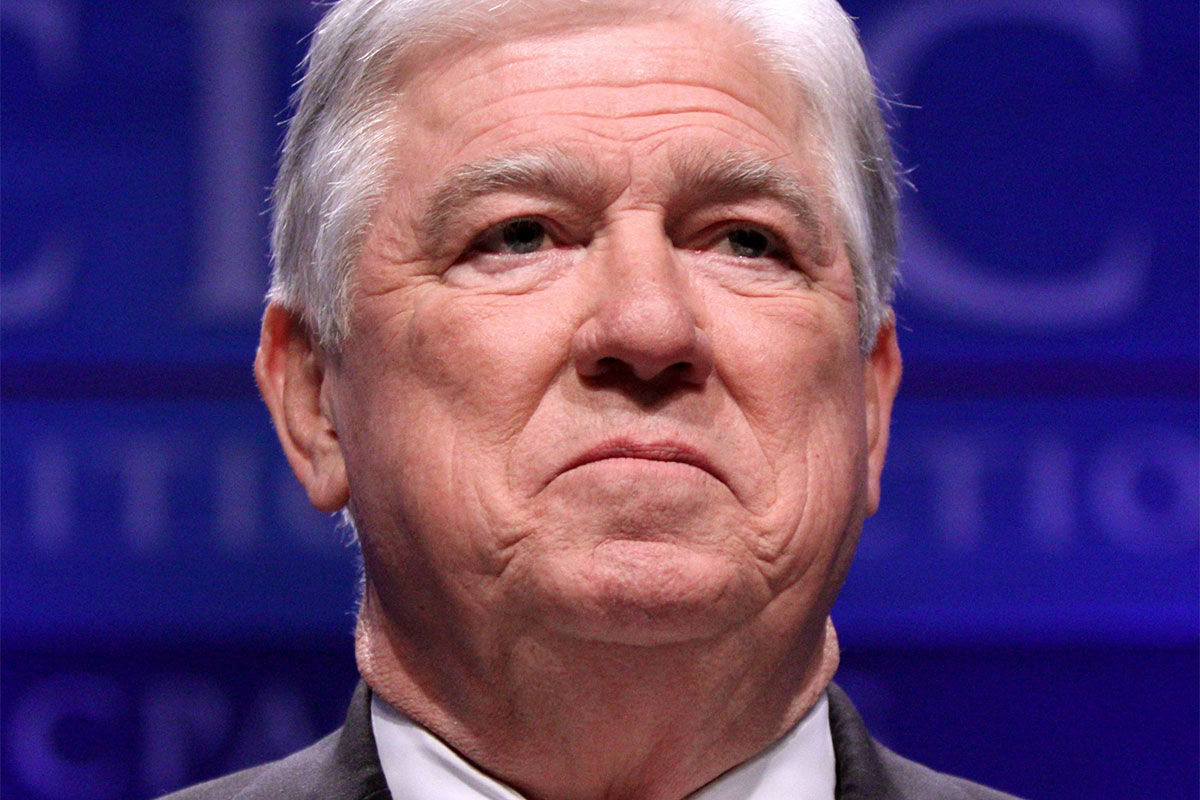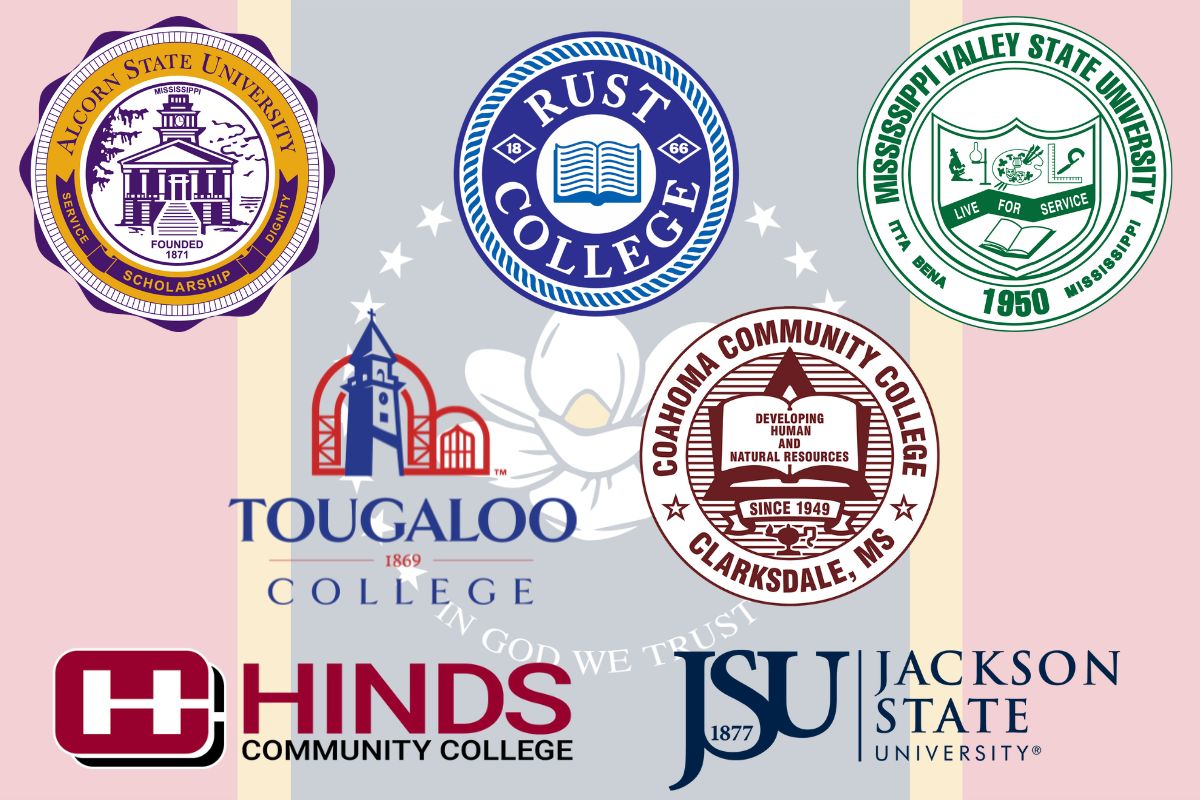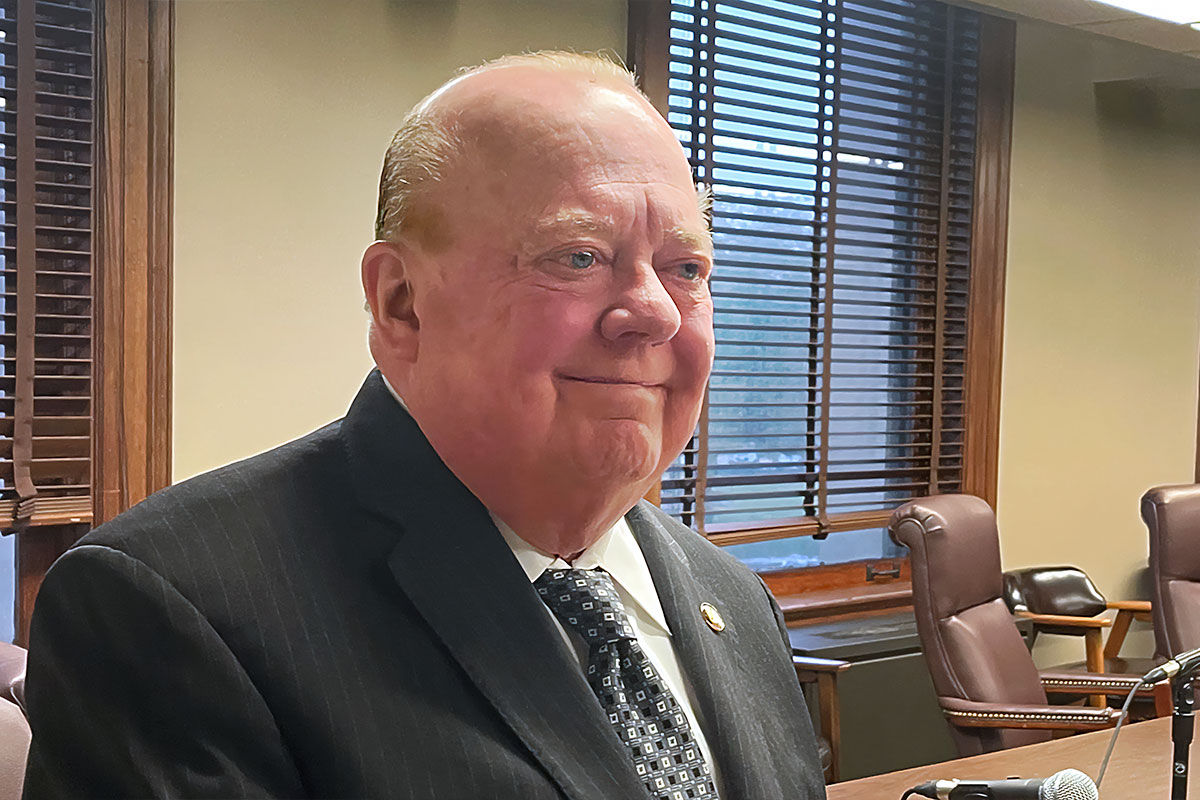In the heart of Mississippi, a battle is underway not just for the survival of our Historically Black Colleges and Universities, but for the preservation of a legacy. Senate Bill 2726 looms over our heads, threatening to sever the roots of institutions that have been a beacon of hope and progress for the African American community. As an alumnus of Alcorn State and Jackson State, I stand witness to the transformative power of these institutions. They are more than mere educational facilities; they are the custodians of our heritage and the architects of future leaders.
In 2009, Mississippi faced significant controversy when Gov. Haley Barbour proposed merging three of the state’s HBCUs—Alcorn State, Mississippi Valley State and Jackson State universities—as a response to a $700-million budget shortfall. This proposal was met with strong opposition from the HBCU community who argued that such a move would disproportionately affect minority students and undermine the rich legacy and contributions of these institutions. The backlash highlighted the vital role of HBCUs in providing educational opportunities and cultural heritage preservation within African American communities.

Fifteen years later, we are presented with SB 2726, proposing the closure of three state institutions by 2028, potentially placing HBCUs on the chopping block along with Delta State University and the Mississippi University for Women. Although the bill’s author, Sen. John A. Polk, R-Hattiesburg, says the chances of the bill actually becoming law is slim, I believe this attempt undermines decades of progress in racial equality and educational equity. The bill’s criteria for closure—enrollment data, economic impact and service contributions—fail to capture the intrinsic value HBCUs add to our society. These institutions are more than just academic settings; they are incubators of leadership, culture and resilience.
Sen. Polk’s push for this legislation signals a grave oversight or, worse, a disregard for the critical role that HBCUs play in creating a diverse and inclusive educational environment. These institutions are not just academic hubs. They are vital for the cultural and historical fabric of the African American community.
Seeds Planted to Threaten HBCU Heritage
The effects of HBCUs extend far beyond their campuses. Although they represent only 3% of postsecondary institutions, HBCUs account for 10% of Black college enrollments and play an outsized role in cultivating Black professionals. Remarkably, they produce 80% of Black judges, 50% of Black lawyers and doctors, and 25% of Black STEM graduates. These figures not only highlight the efficiency and significance of HBCUs but also underscore their indispensable role in fostering diversity and excellence in critical fields.
Facing SB 2726, we must recognize that diminishing HBCUs threatens not just these institutions but the very fabric of opportunity and progress they weave into our society. As we debate the future of education in Mississippi, let us not forget the disproportionate contribution HBCUs make toward building a diverse, skilled and equitable workforce.

Alcorn State University and Jackson State University were pivotal in my growth, offering a nurturing environment for young Black minds and emphasizing education beyond academics. This ethos, encapsulated by my mentor’s words, “We are not just teaching books; we are teaching life,” highlights the unique role of HBCUs. The potential loss of such institutions threatens our community’s essence and future, as underscored by the impactful guidance of Dr. Alpha L. Morris at Alcorn State.
Senate Bill 2726 isn’t just a bill; it’s a seed planted that has the potential to threaten our heritage, rights and dreams. It goes against everything we’ve fought to achieve in education and equality. We can’t let it pass. It’s time for lawmakers to remember they serve all of us, not just a few. Our unity has always gotten us through tough times. Now, more than ever, we must unite to save HBCUs, the heart of our community and history. If you believe in fairness and the power of education, act now.
Reach out to your legislators, join advocacy efforts, and spread the word about the vital role of HBCUs. Together, we can keep them thriving for future generations. Do we watch our history get erased, or do we fight to keep it alive? Please stand with us to ensure our history and HBCUs are preserved. Our voices can make a difference. Let’s act now!
This MFP Voices essay does not necessarily represent the views of the Mississippi Free Press, its staff or board members. To submit an opinion for the MFP Voices section, send up to 1,200 words and sources fact-checking the included information to azia@mississippifreepress.org. We welcome a wide variety of viewpoints.






